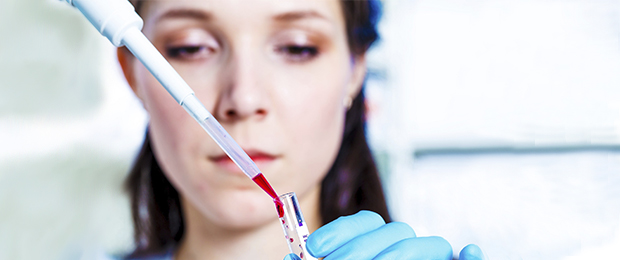Two babies “saved from previously incurable leukaemia” by injections of genetically modified immune cells “are doing well” more than one year on from the first injection. Scientists have just published details of their studies. They are delighted with the results obtained with this new treatment developed by the French biotechnology company, Cellectis in Great Britain. Layla Richards was the first patient who was treated in 2015, followed shortly afterwards by a second child (see Vers la guérison d’une petite fille atteinte d’une leucémie grâce à une thérapie génique ?– Gene therapy providing a cure for a little girl with leukaemia?). Long-term follow-up of both children is on-going but their good health more than one year after the injection “shows that genetically modified cells actually work”. Scientists want to “process these results with caution” before extending the treatment to a larger patient cohort. Clinical trials are continuing.
This treatment is different from those developed by Novartis, Juno or Kite because the immune cells injected were obtained from healthy donors, thus facilitating “universal therapy” as opposed to patient-specific therapy. Thus it is more economical and feasible in very young patients who do not have sufficient quantities of immune cells for sampling. However, this approach also poses the risk of graft rejection. Layla Richards actually developed a graft versus host reaction but the problem was resolved.
Reuters, Ben Hirschler (25/01/2017)

